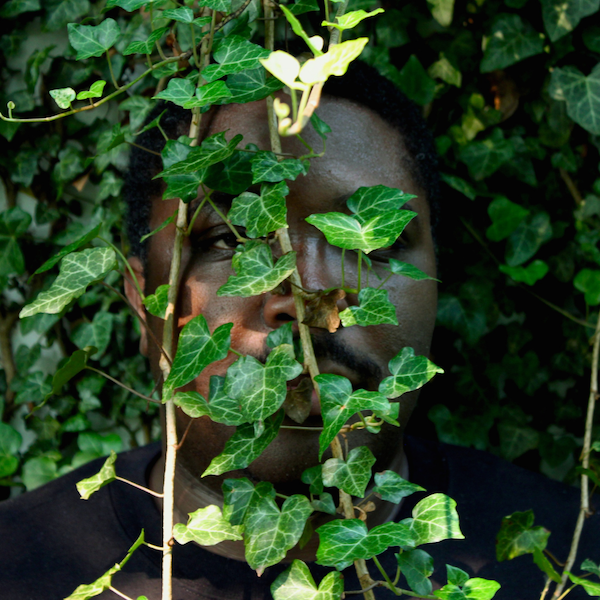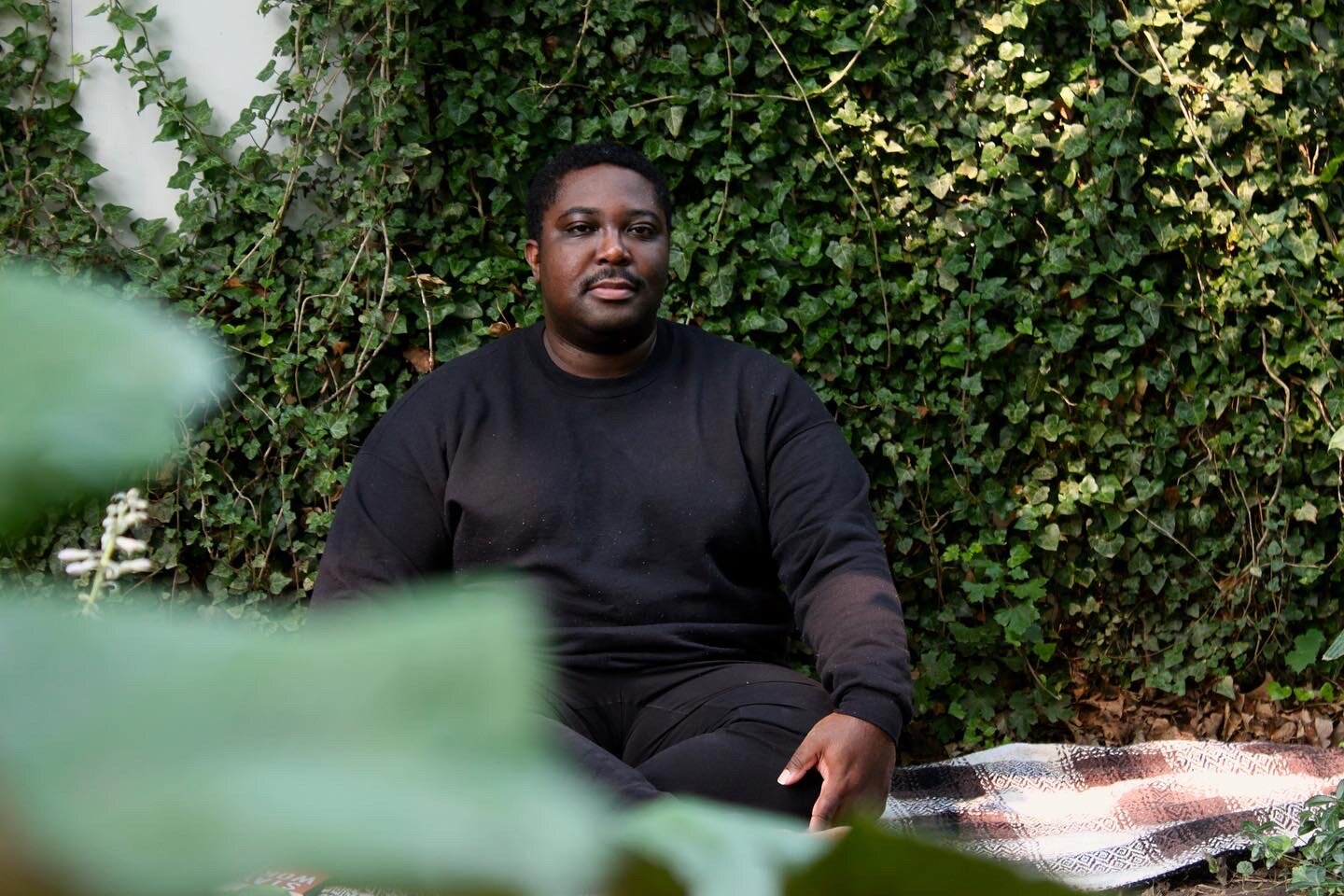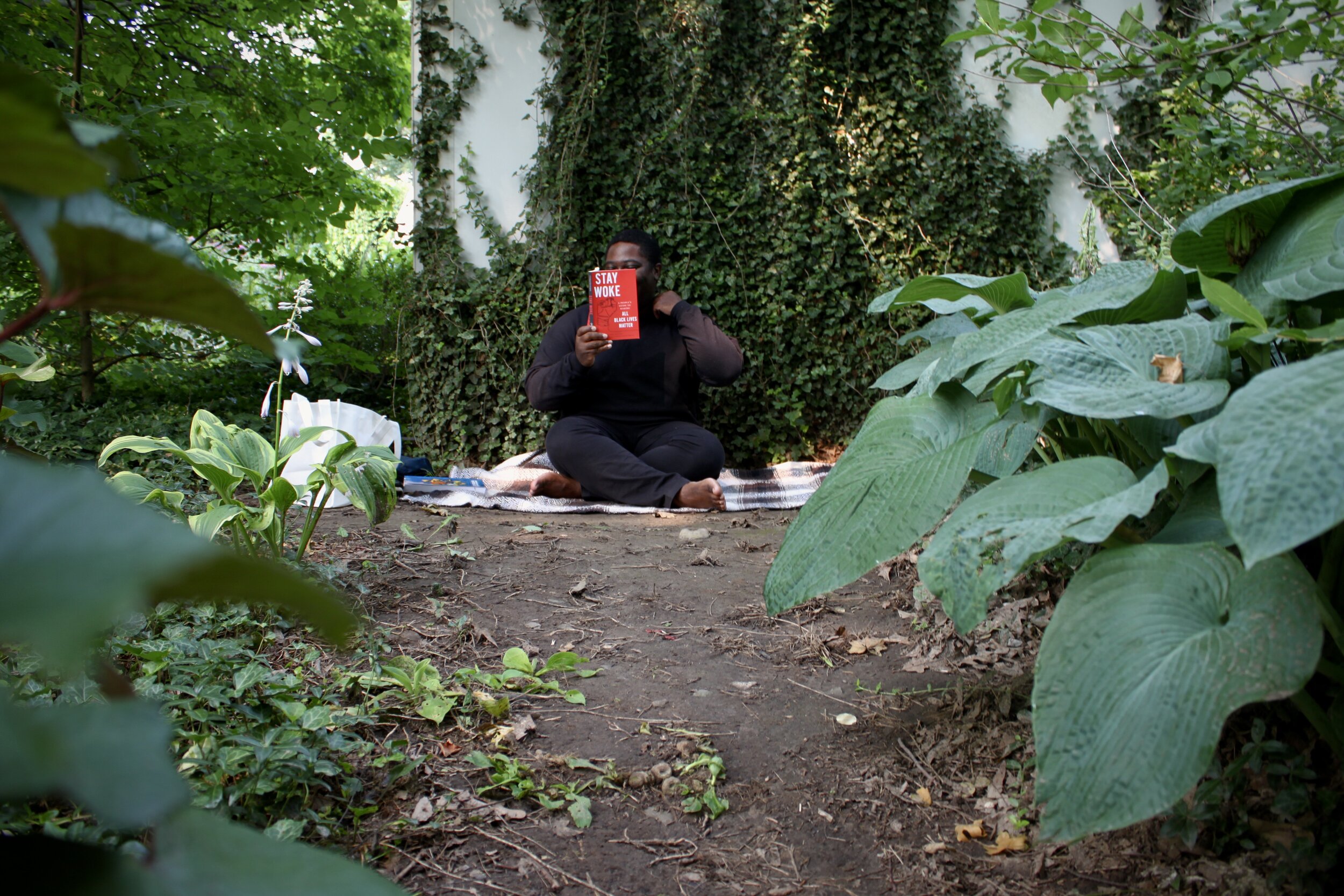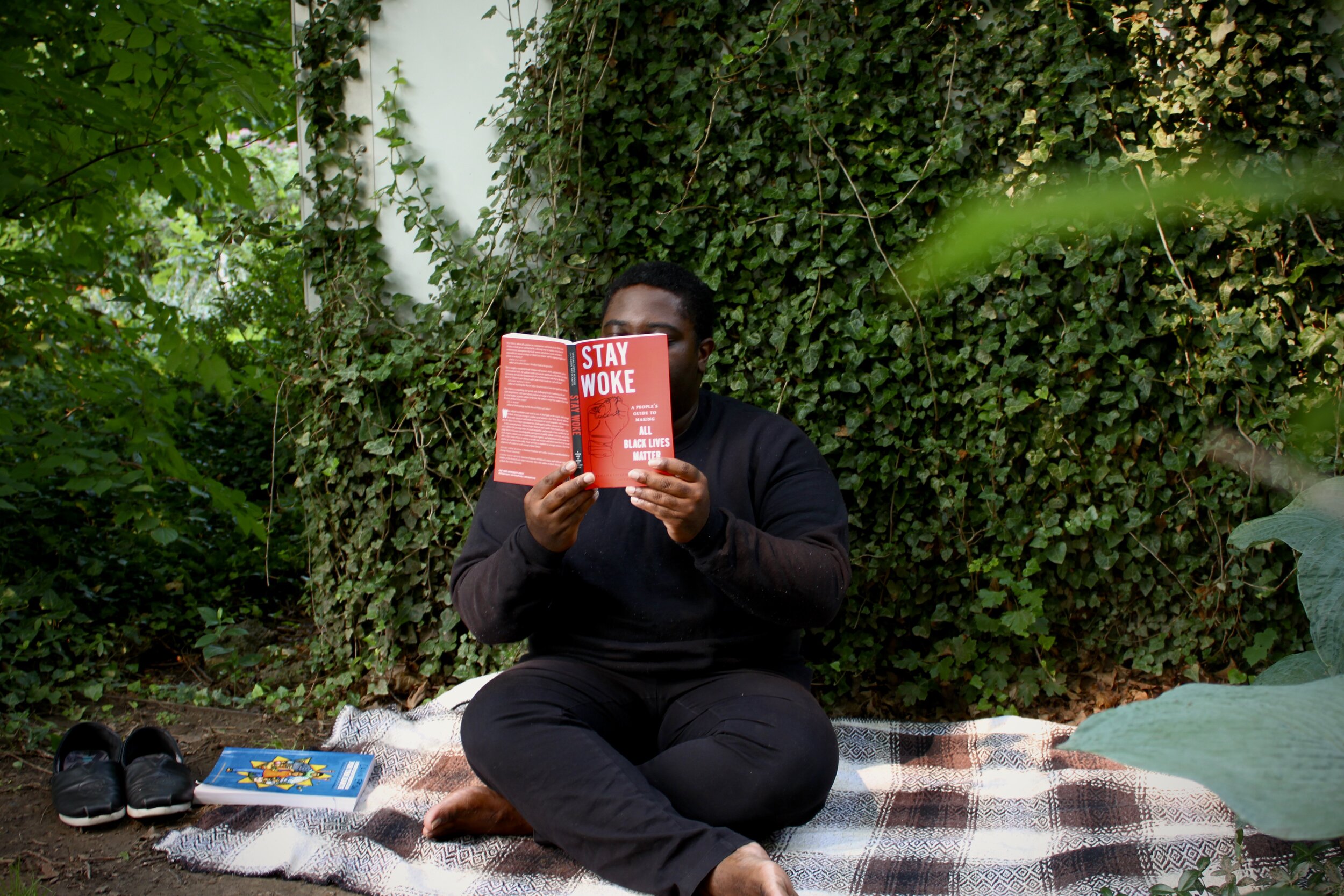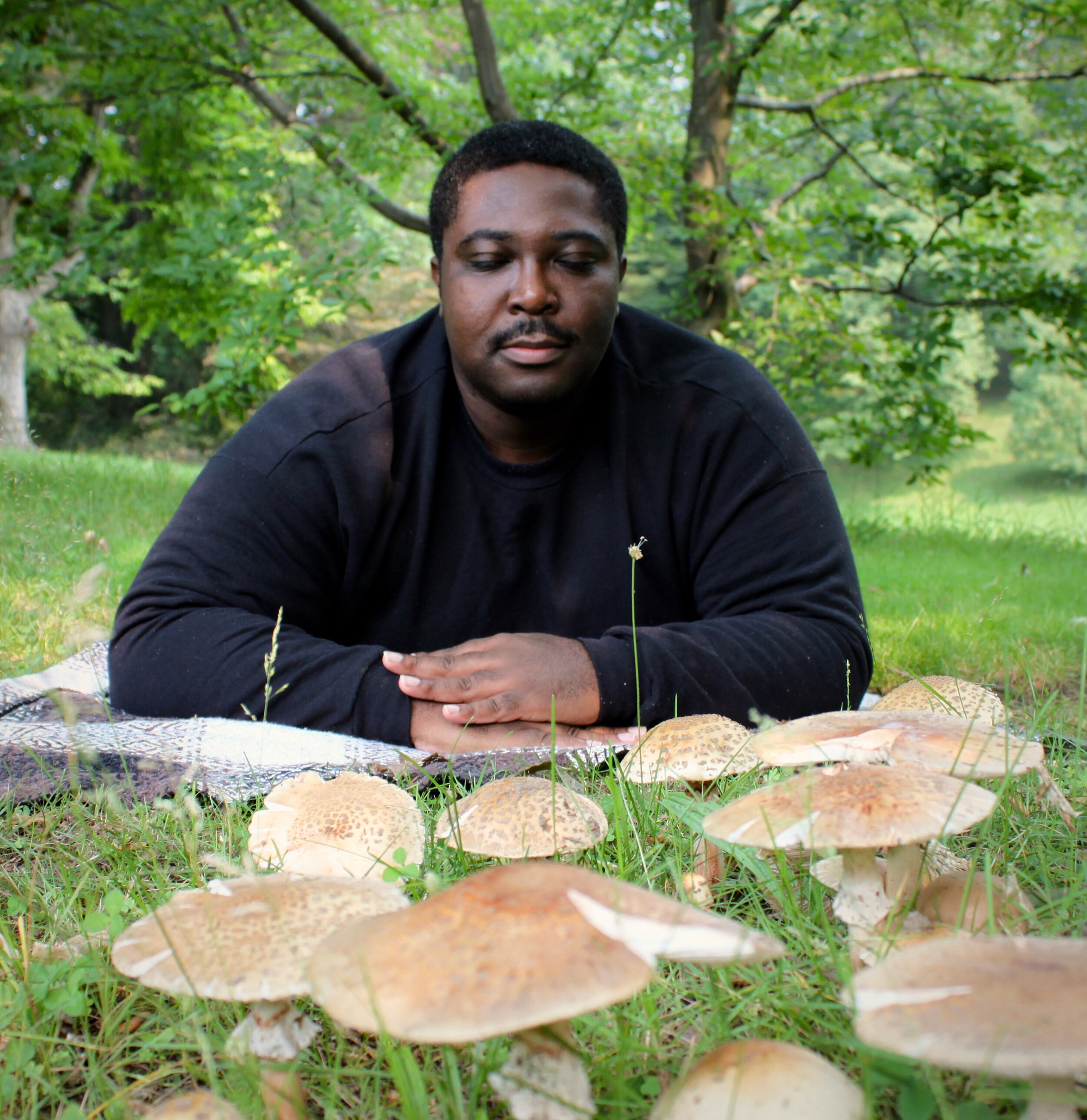Calvin Eaton
“Living with an incurable chronic condition, I am not sure I can say I am in recovery. What recovery looks like for me is creating a life of joy and fulfillment despite my disability. Most recently, I have been exploring more about radical rest and rest as a form of resistance.”
NAMI: Have you ever had any mental health struggles? Do you live with a diagnosis?
CE: I have been diagnosed with anxiety and depression in the past. Both of these have been related to traumatic events, stress, and of course being diagnosed with fibromyalgia and ME/CFS two chronic, disabling conditions that I have lived with since 2009.
NAMI: How have you healed, recovered, and grown from your experiences? If you consider yourself in recovery from something, what does recovery mean to you?
CE: Living with an incurable chronic condition, I am not sure I can say I am in recovery. What recovery looks like for me is creating a life of joy and fulfillment despite my disability. Most recently, I have been exploring more about radical rest and rest as a form of resistance, based on the work of @thenapministry, practicing setting boundaries on my time, and saying “No” and having no guilt behind that.
NAMI: What forms of mental health-related stigma have you observed or run into personally?
CE: There is so much inherent stigma and microaggression in our language ... so much of our terminology like “that is crazy” or “they are crazy” is inherently ableist and harmful. Mental illness does not look like any one thing, and the fact that oftentimes the effects are invisible — it can be difficult for people and our culture to take it seriously. I also think about how when people behave in a racist way, there sometimes is a quick attempt to brush or conflate this racism as “mental illness.” We cannot, and should not, conflate violent racism as mental illness.
NAMI: How do you balance the pressures and stresses of being the founder of a thriving nonprofit with maintaining wellness?
CE: Balance is difficult. There are always so many moving parts to the “knowledge” work that I do. I could work all day every day nonstop if my body and mind allowed me to do so. Having a chronic illness means that, to be successful, it is important that I set boundaries for myself which looks like taking a lunch break, leaving my house to work in other locations, taking a walk, stretching, turning off my screens and things like that. I started to journal this year, and I also see a therapist and go to the chiropractor several times each month. My body tells me often that rest is essential, and when I have a sudden flareup of my symptoms (pain and fatigue), I have no choice but to rest and just be still. Finding this balance is always a balancing act and a continuous journey.
NAMI: You recently shared your experience of living with fibromyalgia, chronic fatigue syndrome, and celiac disease with @us_pain_foundation’s INvisible Project. At NAMI, we believe the mind and body are inextricably linked. How has living with chronic illness affected your mental health?
CE: In the early years, not well. I went through a dark and depressive period in Fall 2012-2013 while I was in the throes of a major pain flare, which was, at the time, a new experience for me. During this period, I wrote poetry to help me cope and started my career as a blogger and content creator. Since then, I have learned many strategies, including those learned during cognitive behavioral therapy, [like] how to stave off negative self-talk and all the bad practices that make my pain worse. I can say I have definitely come a long way in accepting and maintaining a positive outlook, despite the limitations that come with being disabled. It has taken many years and a lot of practice.
NAMI: What mindset helps you from a mental health standpoint on the bad days or during flareups?
CE: The adages “this too shall pass” and “weeping may endure for the night, but joy comes in the morning” (Ps. 30:5). I know that the worst flareups of my pain and/or fatigue will pass.
NAMI: What is your advice to other disabled aspiring entrepreneurs?
CE: Be kind to yourself. You are doing the best you can.

